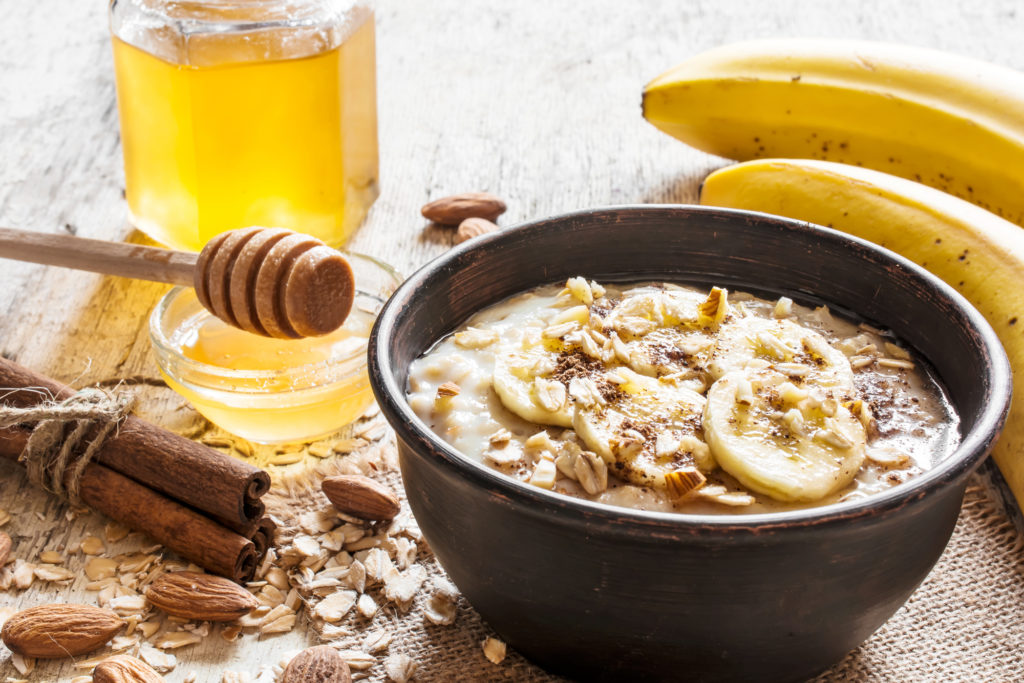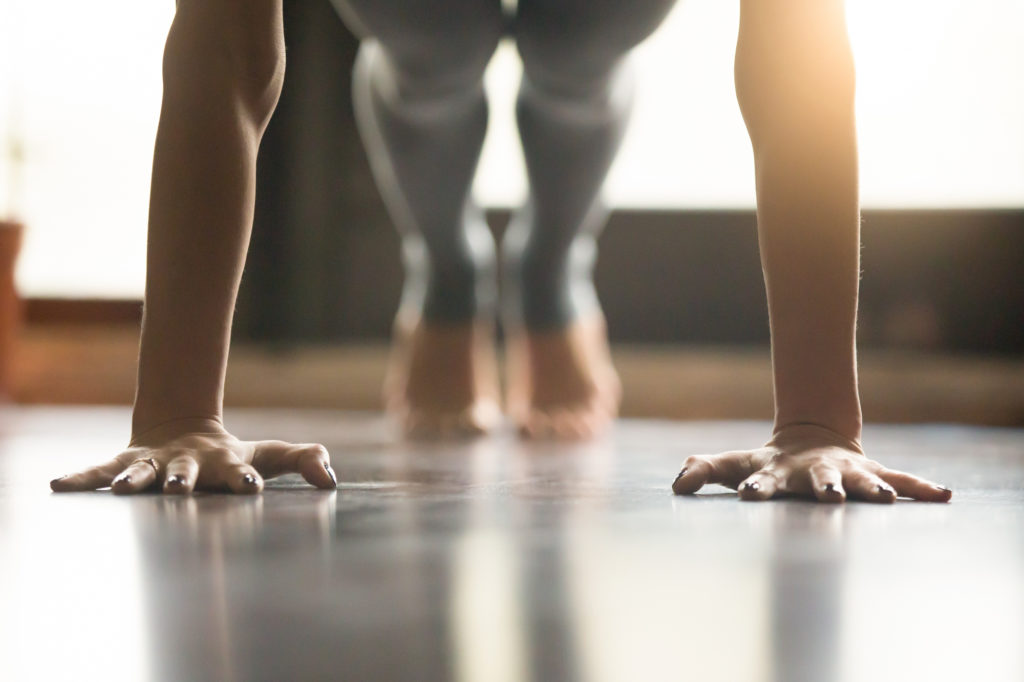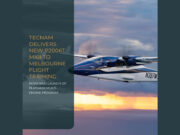
Whether crossing time zones in a middle seat or managing an intensive transcontinental flight in the cockpit: eventually your inner clock will get messed up. Instead of countless sheep, buckets of warm milk and tea, we present six easy and effective hacks to provide well-deserved, quality sleep – wherever! Precious extra hours of sleep will actually improve your mood, productivity, and of course, your general quality of life.
1. Stay hydrated
Make sure to stay hydrated, especially during and after flying. Enough H20 throughout the day has a surprisingly positive effect on your sleep at night. Drinking nine to 13 cups of water a day will help you avoid waking up perishing from thirst at 3 a.m.
Pro-tip: Drink a cup of water right before sleep to keep your minerals and vitamins in balance throughout the night.
2. Dress, not to impress
Your body temperature cools down slightly when falling asleep, partly due to the secretion of melatonin. Keeping your body warm and cozy, especially in air-conditioned places, will help you fall asleep in no time. Bring a warm sweater/socks/pillow/blanket to tell your body it’s time for bed. Studies have shown that warm feet and hands were the best predictors of rapid sleep.
3. Try the 4-7-8 technique
Widely promoted is the 4-7-8 technique which can help you to relax your mind to get into your nap easier. This method was pioneered by Dr. Andrew Weil, who earned his title at Harvard University in 1968. He postulates that concentrating on your breath while deep breathing helps you relax and has a positive influence on your physiology, your thought processes, and therefore your mood. In short, breathe in for four seconds, hold your breath for seven seconds, then exhale for eight seconds.
- Put the tip of your tongue against your palate, right behind your upper teeth. Keep it there during the exercise.
- Exhale all air in your lungs through your mouth. Make a whoosh sound.
- Close your mouth and inhale slowly through your nose while you count to four.
- Hold your breath until you count to seven.
- Exhale through your mouth to a count of eight. Again, make the whoosh sound.
- Repeat three more times (assuming you’re not already asleep).

4. Sleep-inducing snacks
Beyond the obvious advice to avoid, fat, caffeine, overeating and alcohol right before sleep, research suggests that small portions of carbohydrates with a low glycemic index will help us fall asleep. The theory is that these kinds of snacks may help our brain produce serotonin, a neurotransmitter that makes us feel happy and relaxed. Look for foods containing magnesium, serotonin, melatonin and tryptophan. Here are some easy-to-pack examples for your next trip:
Almonds – Almonds contribute to a great sleep, providing you with tryptophan, a calming amino acid, and magnesium which is also known for its muscle-relaxant effect.
Bananas– Bananas contain both melatonin and serotonin, well-known sleep inducing chemicals. Additonally, magnesium and potassium will be provided by this superfruit. Also try avocados, cherries and kiwi.
Honey – Too much sugar before going to sleep can keep you awake for hours. However, a small amount of glucose right before going to sleep, stimulates the brain to stop producing orexin. Orexin is a neurotransmitter that keeps us alert. A little honey in your (chamomile) tea – sweet dreams guaranteed.

5. Exercise enough
A golden rule for life, but also for great sleep, is to exercise regularly! This is especially important for those with sedentary professions. The importance of enough exercise can’t be stressed too much. Getting up hourly for a quick visit to the bathroom during that hours-long flight helps keep the blood flowing and is proof you’re hydrating enough. Once you have arrived at your destination, make sure you travel by foot and take the stairs as much as possible. Aside from those weekly (intense) workouts in the gym of course, try to stick to a normal workout schedule at all times!
6. Relax your muscles
Having trouble falling asleep? Try the following hack: Progressive relaxation is a very common technique among those experiencing insomnia. It is a combination of first contracting then relaxing your muscles which helps you to become aware of the tension and relaxation in your body. Start at the lowest point of the body, and work your way up to your head.
- Starting at your feet, while inhaling, contract one muscle group at a time. Keep tension for five to ten seconds.
- Relax for ten to 20 seconds.
- Continue with the next muscle group. Tense and relax every area of the body along the way – your lower legs, thighs, belly, arms, shoulders, neck, and even your face.
- Try to focus on the release of the tension in your muscles. Beyond physical stress, the technique might even help you release mental tensions which can also interfere with a good night’s sleep.
ACN
























































































































